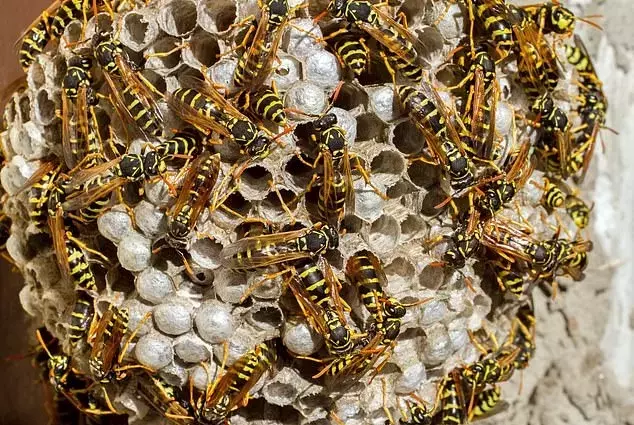



Reclaim Your Home's Appeal: Expert Solutions for Neighbor-Induced Pest Problems!
The Unwelcome Guests: A Homeowner's Dilemma During Sale
A family attempting to market their residence finds themselves in a vexing predicament. Their neighbor's property hosts a substantial wasp colony, which is not only a source of distress for their young children but also highly visible during potential buyer viewings. Despite polite requests, the neighbors have shown little inclination to address the issue, leaving the sellers questioning their options to compel a resolution.
The Seasonal Swarm: Understanding Wasp Behavior and Impact
This summer has witnessed a notable increase in wasp populations, attributed to early spring weather conditions that fostered larger and more numerous nests. While wasps play a beneficial role in gardens by preying on pests, their nature changes as summer wanes, making them more aggressive and prone to stinging. Unlike bees, wasps can sting multiple times, and their distress pheromones can trigger a mass defensive response, posing a significant public health risk.
Seeking Resolution: Initial Steps and Expert Consultation
The immediate advice for affected homeowners is to attempt further polite dialogue with their neighbors, emphasizing the health implications and impact on their property sale. If direct communication fails, consulting the local council for environmental health intervention is a potential, albeit time-consuming, next step. Professionals from the British Pest Control Association highlight that wasp nests are typically found in sheltered locations and can grow to house thousands of individuals by late summer.
The Role of Local Authorities and Professional Intervention
Authorities may intervene if the wasp nest constitutes a public health hazard, especially in high-traffic areas or where allergic reactions are a concern. However, such interventions can be slow. Pest control specialists strongly advise against DIY attempts to remove nests due to safety risks, recommending certified professionals who have access to effective, controlled treatments. These treatments usually involve applying insecticides at the nest's entrance, which are then carried into the colony by the wasps, leading to its demise within days.
Considering Financial Assistance and Legal Avenues
One suggested solution involves offering to cover the cost of professional pest control for the neighbor's property, contingent on their permission for access. While environmental protection laws exist, their application is generally reserved for more severe public health risks, such as infestations near schools. Ultimately, wasp nests naturally decline with the arrival of autumn, but for homeowners needing a quicker resolution, professional treatment remains the most efficient and safest option.
